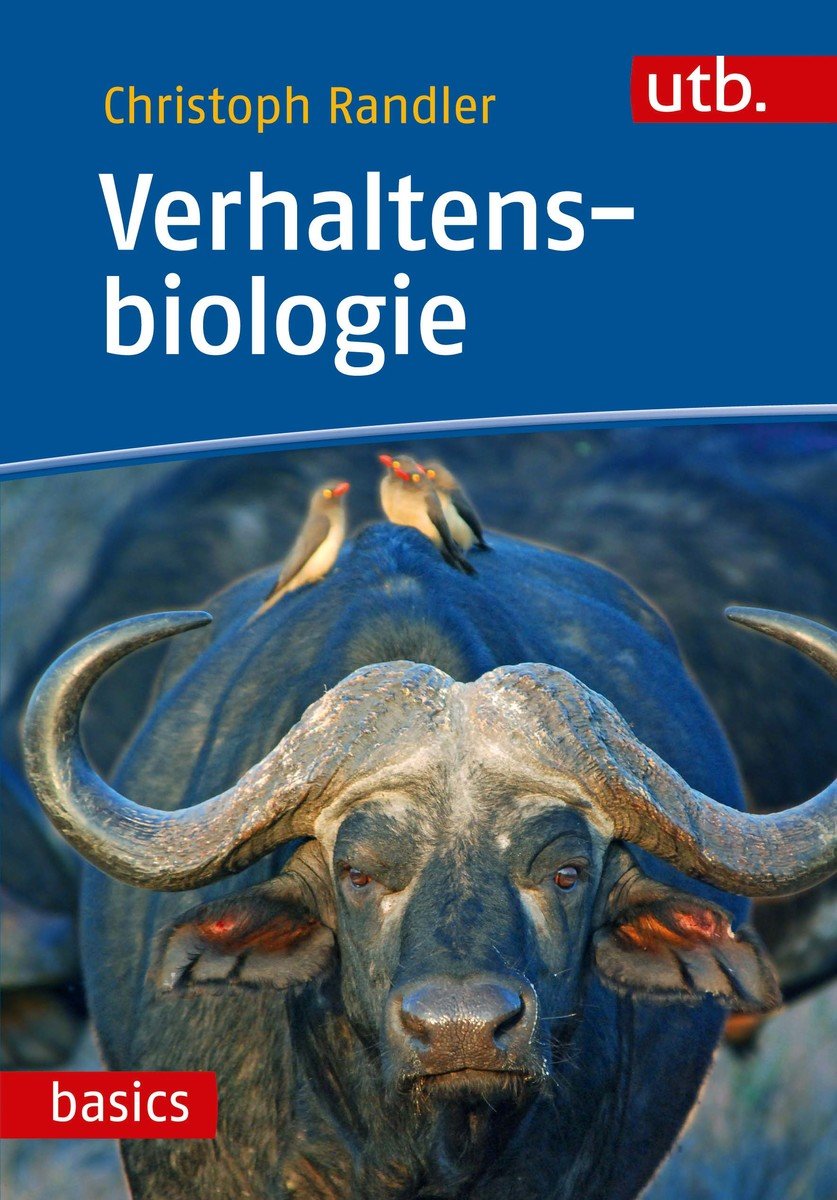Dieser Band richtet sich an Studienanfänger der Biologie und führt ein in alle wichtigen Themen der Verhaltensbiologie: Nahrungssuche, Partnerwahl und Fortpflanzung, Brutfürsorge und -aufzucht, Räuber-Beute-Beziehungen, Kommunikation und Sozialverhalten. Des Weiteren werden auch genetische und evolutionsbiologische Aspekte beleuchtet, die wichtigsten Forschungsmethoden erläutert und auf einige praktische Anwendungen der Verhaltensbiologie eingegangen. "Verhaltensbiologie" eignet sich insbesondere für BA- und MA-Studierende der Biologie.- 105 Abbildungen und 35 Tabellen veranschaulichen die komplexen Sachverhalte- ideal für die Prüfungsvorbereitung im Haupt- und Nebenfach



